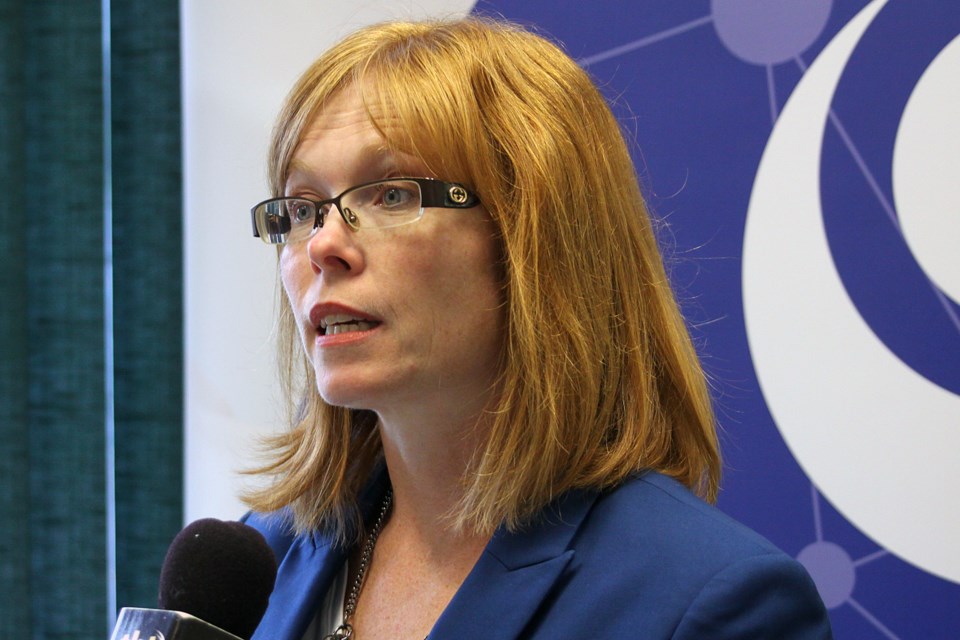THUNDER BAY – Proposed provincial minimum wage reforms could have a $23-billion hit to Ontario business over the next two years and endanger 185,000 jobs, according to results from an independent economic analysis.
Findings of the Canadian Centre for Economic Analysis’ study of Ontario’s Bill 148 – the Fair Workplaces Better Jobs Act – yielded what Thunder Bay Chamber of Commerce president Charla Robinson described as “interesting and frightening data.”
The legislation, introduced by Premier Kathleen Wynne and her Liberal government earlier this year, would hike the minimum wage to $14 per hour starting Jan. 1, 2018, followed by a further increase to $15 per hour effective Jan. 1, 2019.
“The increased minimum wage is too much and it’s too quick. You can’t make a 30 per cent jump in 18 months. It’s simply not possible for any business to be able to manage that,” Robinson said on Monday, adding other jurisdictions have taken as long as four years to implement similar changes.
“I’ve got businesses saying already that they’ve reduced the number of shifts in the evening because they’re slower, they’re changing their store hours because they’re trying to figure out how to lower the labour cost, they’re anticipating 10 to 12 per cent increases in the total cost they have to pass along to their customers.”
The analysis, which was released by the Keep Ontario Working Coalition, projects an increase of $1,300 per household per year to consumer goods and services.
It also estimates Ontario municipalities could face a $500-million impact through the spike, as well as scheduling and vacation provisions. As well, the study forecasts the province could lose $400 million from the new costs of the legislation even before providing offsets to businesses that have previously been indicated.
“As a citizen we’re looking at lost jobs in the community, we’re looking at increased costs up to $1,300 per household per year, plus we’re looking at increased taxes municipally because the municipality is going to have higher costs and we’ve already seen the province is going to have increased costs and either add that to the deficit or make it up through taxes,” Robinson said.
Proponents of enhancing minimum wage have argued it would lead to economic stimulation and increased consumer spending.
The economic impact analysis warns that 185,000 jobs could be in jeopardy in the next two years, either from elimination or through cancelled projected job creation. Of that total amount, 96,000 employees at risk are women and another 30,000 would be filled by youth under 25.
“Not only are they going to pay more taxes but they’re going to have higher costs. Are we actually going to see a net positive? Is it going to be neutral? Or is it going to be net negative? We really don’t have that data yet,” Robinson said.
“Will these folks still have a job? It’s great to say that we should be raising the minimum wage but if that means now there are less jobs available for folks who earn minimum wage they’ll have no income versus having a lower minimum wage income.”
Robinson said small businesses are expected to be hit five times harder than large business.
“These are the mom and pop stores in our community. These are the grassroots people. These aren’t folks who have billions of dollars in a bank account or stakeholders willing to buy shares and give them money,” Robinson said.
“This is their livelihood on the line. In many cases, this is their plan for their future…it’s all hinging on whether that business is able to survive.”
